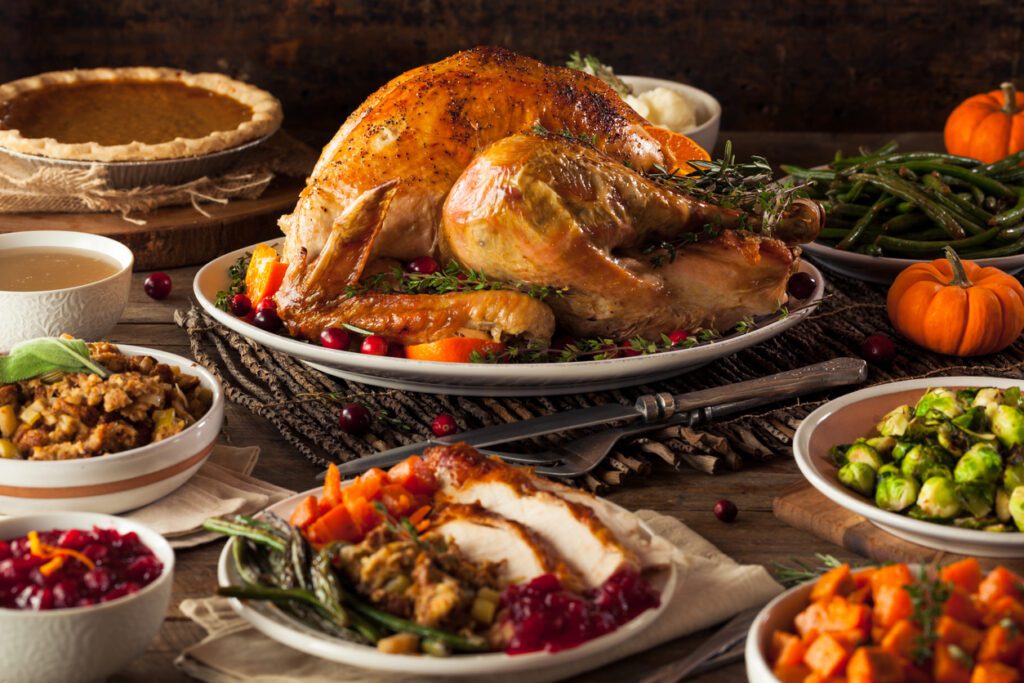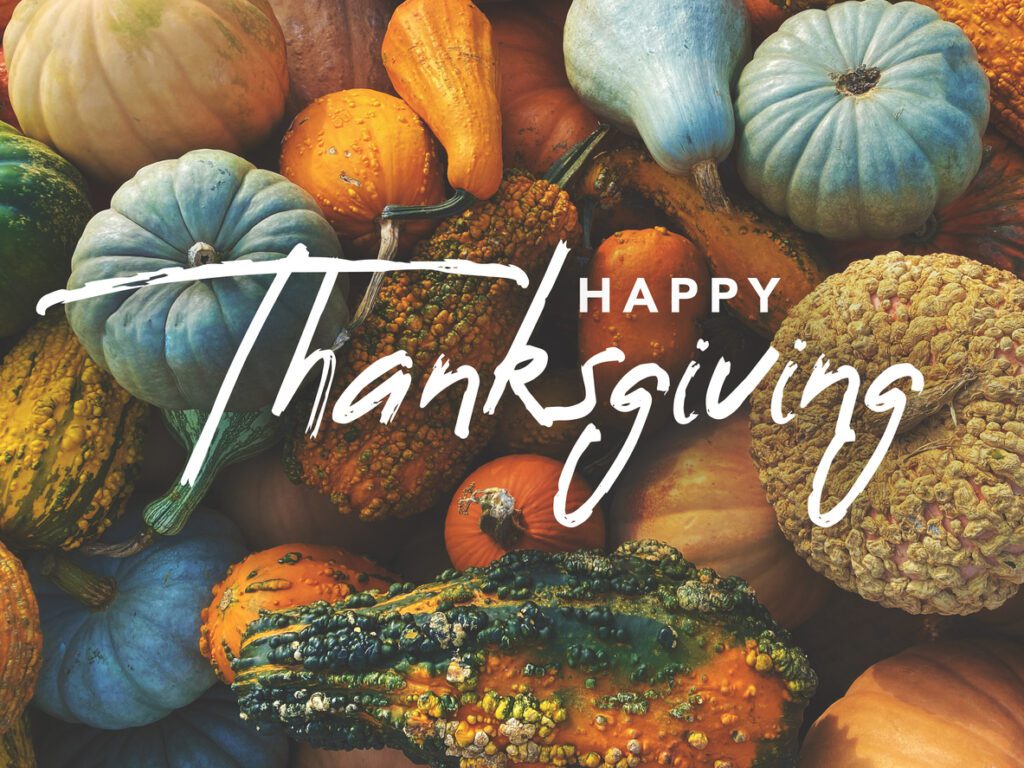When we think of Thanksgiving, we often picture a large feast with our loved ones, tables filled with roasted turkey, mashed potatoes, cranberry sauce, and pumpkin pie. It is a holiday that brings friends and family together to share a meal and give thanks for the blessings in their lives.
But have you ever stopped to think about the true meaning and origins of Thanksgiving? While most of us were taught in school that it commemorates a peaceful feast between the pilgrims and Native Americans, there is much more to this holiday than meets the eye.

The Traditional Perception
For many years, Thanksgiving was portrayed as a harmonious gathering between the pilgrims who had arrived in America seeking religious freedom and the Native Americans who had helped them survive in a new land. It was viewed as a symbol of unity and gratitude, with both groups coming together to celebrate the harvest season.
However, this traditional narrative has been challenged in recent years by historians and Native American activists. They argue that the true history of Thanksgiving is much more complex and often leaves out the negative impact of the pilgrims on Native American communities.
The Native American View
For Native Americans, Thanksgiving is a reminder of the injustices their ancestors faced at the hands of European settlers. The holiday represents a painful history of colonization, forced assimilation, and violence toward Indigenous peoples.
They also argue that the peaceful feast between the pilgrims and Native Americans was not as idyllic as it is often portrayed. In reality, the Wampanoag tribe who attended the feast had lost many of their people due to European diseases from previous explorers.
A Time for Reflection and Gratitude
As we gather with our families on Thanksgiving Day, let us take a moment to reflect on the true history of this holiday and the Native American perspective. It is a time to acknowledge and honor the struggles and resilience of Indigenous peoples and recognize our privilege in celebrating this holiday.
But most importantly, Thanksgiving should be a time for gratitude. Gratitude is not just for the material things we have but also for the intangible blessings in our lives, such as family, friendship, and love. It is a time to come together and appreciate the support and love of those around us.
.
Moving Forward
Rather than cling to the traditional perception of Thanksgiving, let us use this holiday as an opportunity for growth and understanding. We can educate ourselves on the true history of this day, support Native American communities, and promote unity and inclusivity in our celebrations.
Thanksgiving is not about pretending everything is perfect and glossing over the flaws in our history. It is about acknowledging the past, learning from it, and using that knowledge to create a better future for all.
So, this Thanksgiving, let us give thanks for what we have and commit ourselves to being agents of positive change. Let us honor the spirit of gratitude by showing kindness, compassion, and empathy towards others.
Additional Resources:
- National Day of Mourning: https://www.uaine.org/nationaldayofmourning
- Indigenous Perspectives on Thanksgiving: https://www.bustle.com/articles/123839-how-did-native-americans-feel-about-thanksgiving-heres-their-side-of-the-story
- Ways to Support Indigenous Communities: https://indigenouspeoplesmovement.com/ways-to-support-indigenous-communities-on-thanksgiving-day/
Thank you for reading this blog post, and if you have any questions or comments, please leave them in the Comments section below.
Copyright © 2019. I Don’t Know All The Answers, Nikki Mastro.
All of my photographs and documents are Copyrighted.
The two photos in this blog post are both from the iStock.com library.
No part of this website, including text, photographs, and documents, may be reproduced, stored in a retrieval system, or transmitted in any form or by any means without written permission from the copyright holder. All unauthorized use is strictly prohibited. If you choose to copy or share any information from my site, you must provide a link to the source. I appreciate your cooperation.
For further information concerning “I Don’t Know All The Answers.”
– Blog: https://www.idontknowalltheanswers.com
– Facebook: https://www.facebook.com/Nikki.L.Mastro
– Instagram: https://www.instagram.com/i_dont_know_all_the_answers/
– Linkedin: https://www.linkedin.com/in/nikki-mastro-05455a3a/
– Youtube Channel: https://www.youtube.com/@idontknowalltheanswers1954

